Switzerland is defending Western values and cultural identity with the implementation of the long-anticipated burqa ban, set to take effect on January 1, 2025. This important move follows the overwhelming support expressed in a 2021 public referendum, reflecting the Swiss people’s commitment to maintaining a society rooted in openness, clarity, and shared cultural norms.
Switzerland joins a growing list of European nations that have implemented similar bans. France, Belgium, the Netherlands, Austria, Bulgaria, Germany, Italy, Latvia, and Sweden have already enforced full or partial bans on religious and non-religious face coverings. Denmark introduced a similar measure in 2018, while regions like Bavaria in Germany and Ticino in Switzerland imposed regional restrictions even earlier. These actions collectively signal a broader European effort to counter the spread of political Islam and safeguard cultural values.
The law requires Muslim women to remove face coverings, including the niqab, in public spaces, with violators facing fines of up to 1,000 Swiss francs. While critics—predictably comprising Islamic associations and left-wing groups—decry the measure as discriminatory, Switzerland stands unshaken in its resolve. The government has made it clear: this is not about targeting a religion but about safeguarding public order, fostering unity, and reinforcing the values that have long defined the Swiss way of life.
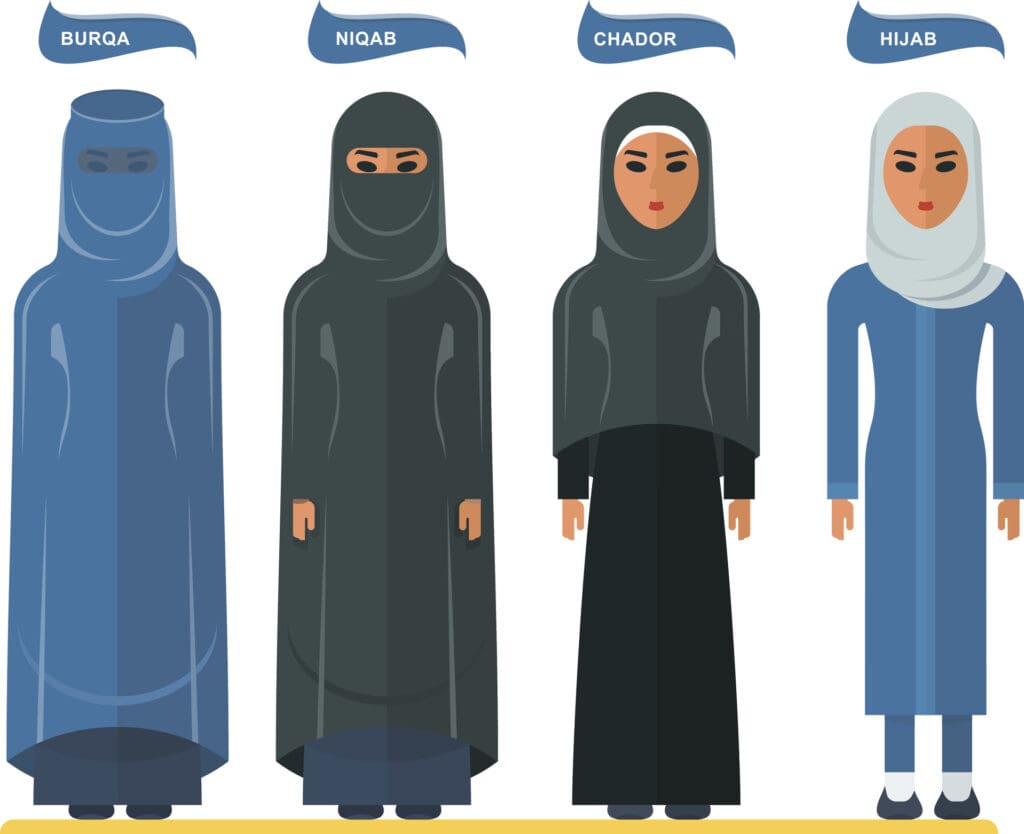
Walter Wobmann, a member of the Swiss People’s Party, emphasized, “In Switzerland, our tradition is that you show your face. That is a sign of our basic freedoms.” Gisela Widmer, a Swiss author and playwright, pointed out, “The full veil, which turns the woman into a faceless being without an identity, is a symbol of misogynistic political Islam. It is the most visible symbol of an overall fascist ideology, which includes gender apartheid, but also anti-Semitism and gay hatred.”
A Victory for Local Identity
Supporters of the ban view it as an essential step in affirming Swiss cultural identity, particularly in an age when global migration and open-border policies have strained the fabric of Western societies. Face coverings, which in Islamic countries are symbols of oppression and segregation, clash with the Swiss ethos of transparency and egalitarianism. The ban is not an attack on personal freedoms, but rather a defense of the freedoms that allow all citizens to interact as equals in the public square.
The new law echoes the sentiment behind Switzerland’s 2009 ban on constructing minarets, another decisive stand against the encroachment of foreign ideologies that challenge Western norms. These measures demonstrate a pattern of proactive governance, ensuring Switzerland remains a bastion of stability and cultural preservation.
Historical Context and Broader Scope
The ban has its roots in a 2021 referendum, where 51.2% of Swiss voters supported the measure, highlighting the democratic legitimacy behind the decision. Spearheaded by the Egerkingen Committee, a conservative association, the initiative reflects a broader desire to protect Switzerland from the encroachment of ideologies seen as incompatible with its values. The Egerkingen Committee had previously championed the 2009 ban on constructing minarets. The Egerkingen Committee’s efforts resonate beyond Switzerland, as their successful campaigns have inspired similar initiatives in other European countries. By championing the 2009 minaret ban and now the burqa ban, the committee has solidified its role as a defender of Western identity and a counterweight to the unchecked spread of ideologies seen as incompatible with democratic freedoms.
It is important to note that the law does not solely target sharia face coverings. It also applies to left-wing violent demonstrators and imported hooligans who conceal their faces during public unrest. By addressing multiple facets of public safety and order, the legislation highlights its primary objective: promoting transparency, accountability, and cohesion in public life.
Islamic Countries Banning the Niqab
Saïda Keller-Messahli, founder and president of the Forum for a Progressive Islam, stated, “Saying yes to the ban on veiling is saying no to a totalitarian ideology that has no place in a democracy.” Interestingly, several Islamic-majority countries have also imposed bans or restrictions on the niqab, recognizing its potential to foster division, hinder security, and perpetuate oppression. Countries like Tunisia and Morocco have banned the niqab in government offices and public spaces, citing security concerns and the need for transparent interactions. Similarly, Algeria prohibits the niqab in educational institutions and workplaces, emphasizing the importance of identification and open communication.
Egypt, an Islamic nation, has imposed restrictions on the niqab in universities and government buildings, with officials arguing that it impedes safety and fosters extremism. Even Saudi Arabia, known for its strict adherence to Islamic traditions, does not universally mandate the niqab and has relaxed some restrictions as part of its broader social reforms under Vision 2030. In Turkey, wearing the niqab is restricted in public-sector employment as part of the country’s secular framework.
These measures highlight a shared understanding, even among Islamic countries, that the niqab can represent more than a religious or cultural garment—it can also symbolize social isolation, a barrier to integration, and a threat to national security. By implementing these restrictions, these nations demonstrate that the niqab is not indispensable to Islamic identity, aligning their policies with broader efforts to foster unity and security.
Addressing Criticism
Opponents of the ban claim it fosters discrimination and fuels anti-Islamic sentiments. This criticism fails to acknowledge the oppressive nature of face coverings imposed under Sharia (Islamic law), which strips women of their individuality and agency. Far from being a tool of equality, the niqab and burqa in the East symbolize submission and control. Muslims who wear these coverings in non-Islamic countries are broadcasting their commitment to Sharia. As the Islamic scholar Dr. Bill Warner explains, “Most people see the hijab as religious or cultural, but the hijab is a symbol of the Sharia and has a very political meaning.” Thus, the hijab and burqa in the West are not about modesty or fashion but a hate symbol and uniform worn by those committed to Islamic supremacy and Islamic Law (Sharia).
Moreover, the Swiss government has included exemptions. The ban does not apply in airplanes, consular premises, places of worship, or during health, safety, and weather-related situations. Artistic performances, advertisements, and other contexts where face coverings serve a legitimate purpose are also exempt.
A Message to the West
Far from caving to the backlash, Switzerland is charting a course that reflects freedom, equality, and national pride. The burqa ban is not an act of intolerance but a statement of resolve—a declaration that the Swiss people will not sacrifice their way of life to accommodate Sharia demands.
Even so, when a society reaches the point where it must pass laws to ban the uniforms of the enemies in its midst, it is a damning indictment of how far things have deteriorated. This is not the ultimate solution but a symptom of the problem itself. If clothes do not make the man, then a uniform does not make the soldier—but ignoring the symbols of those openly opposed to our values is a grave mistake. Recognizing this reality is not intolerance; it is survival.

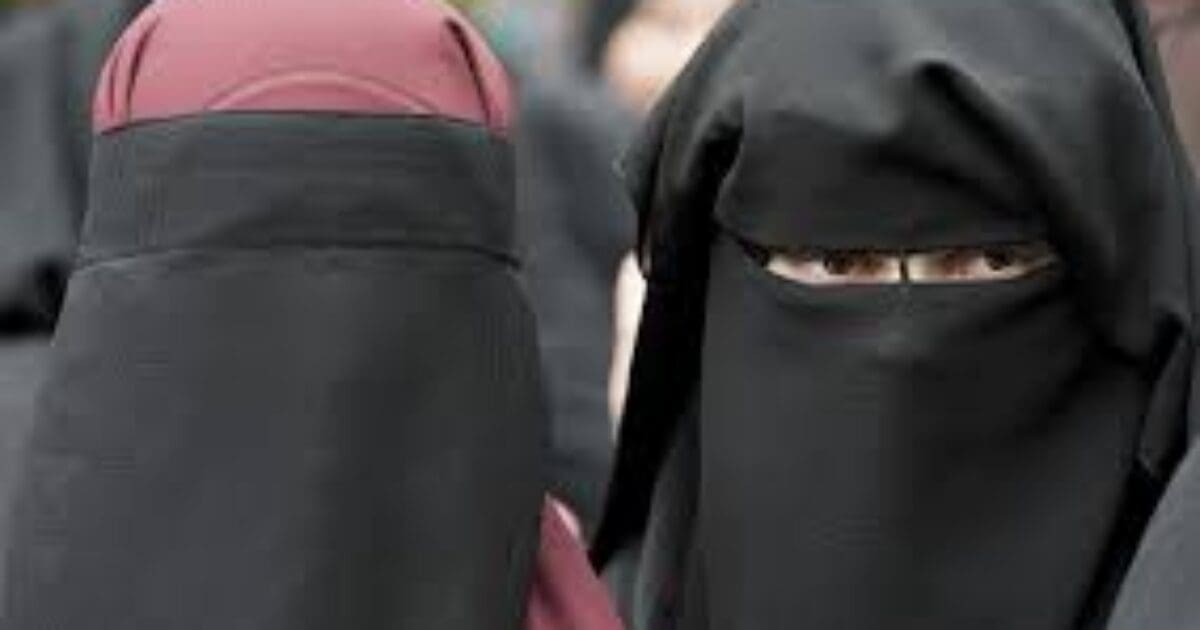


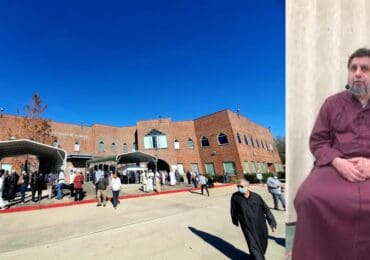
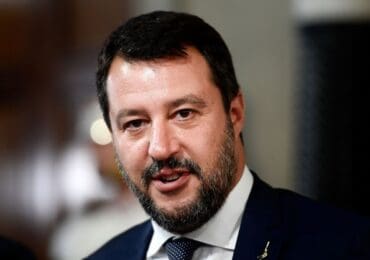





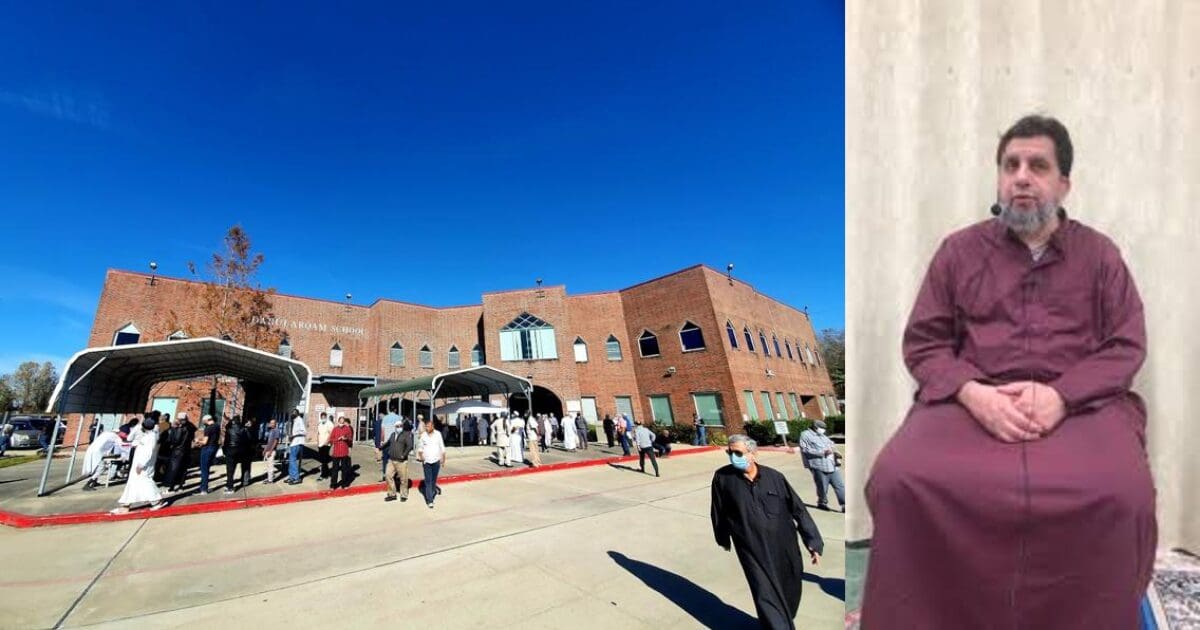
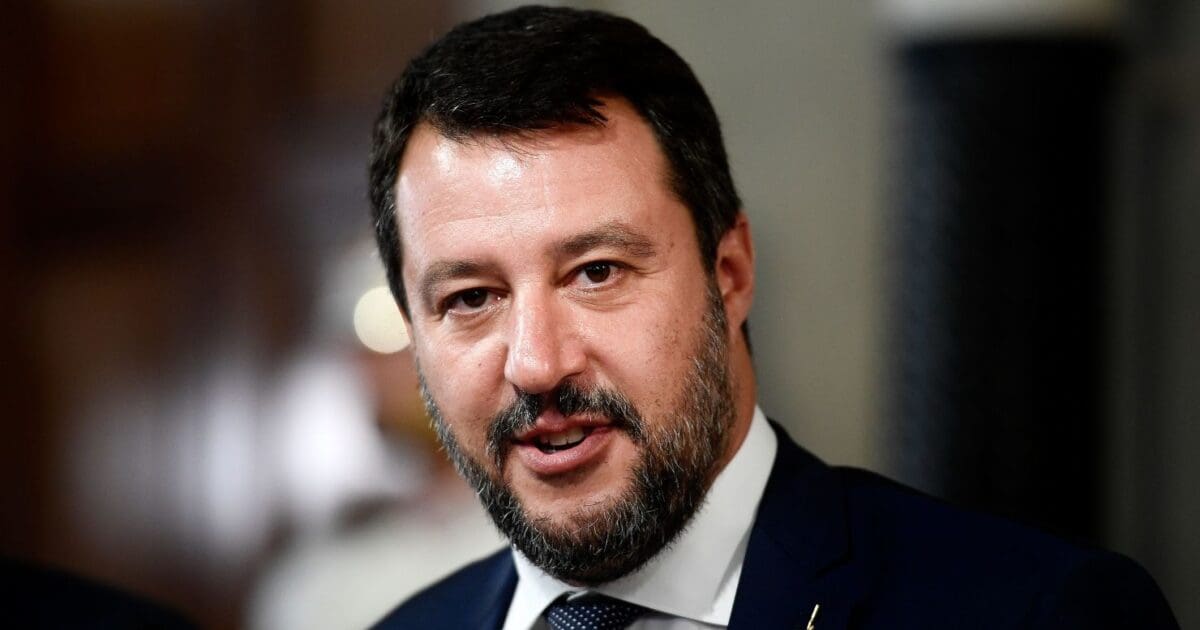
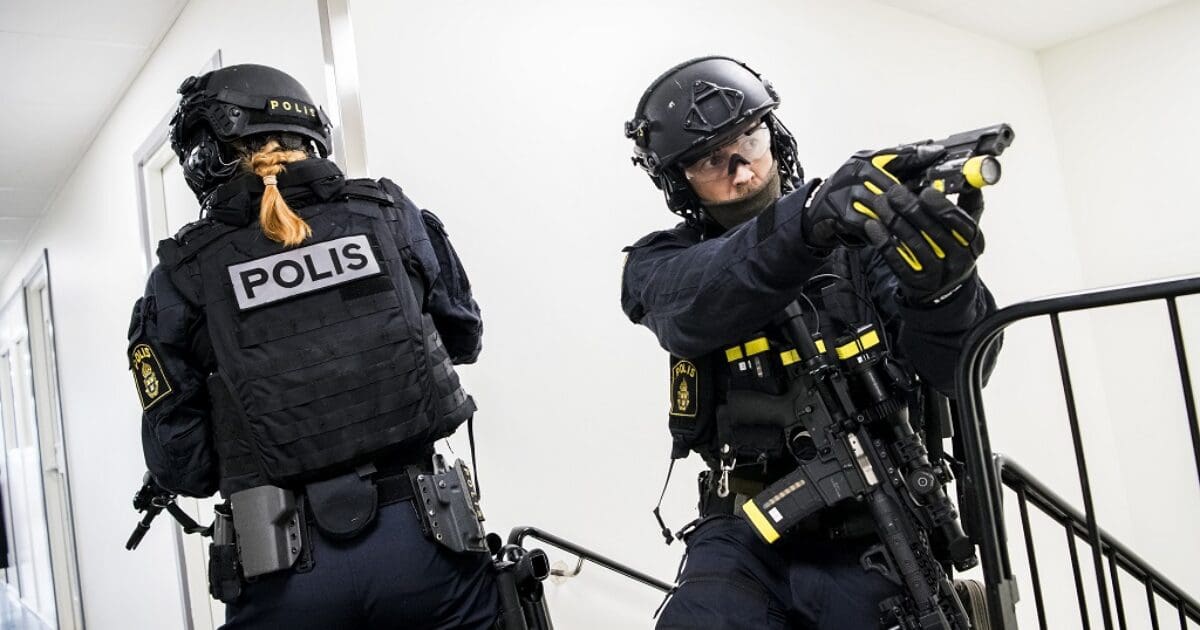
SWISS CITIZENS ARE IDIOTS, THEY GIVE MONEY TO THE BEGGARS (=Romanian mafia & other muslimshits), EVEN SMALL CHILDREN GIVING MONEY TO THESE CRIMINALS!
SWISS PARENTS, YOU ARE REALLY STUPID, COMPLETE IDIOTS!
Free citizens must insist on remaining free. Carefully select politicians and let their be no room for election cheating. Don’t allow immigration to peoples who’s ideologies are different from western culture and who’s sole purpose in immigrating is to force their culture, customs and religion on to others. When they tell you that they intend to rule the world, believe them. When your government protects them over you, get a new government. Nothing good comes from Islam. It is radical, brutal and very oppressive.